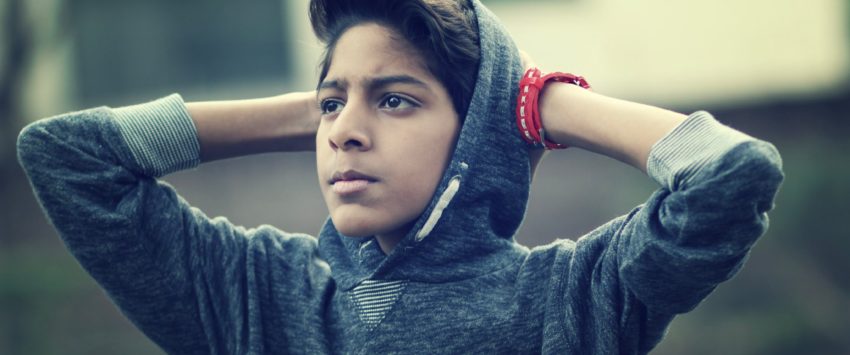
Can My Child Testify in My Orlando, Florida Divorce Case?
- July 11, 2019
- ontarget
- Divorce
- 0 Comments
As a general rule, children are not allowed to testify in their parents’ Orlando, Florida Divorce Case. Further, it is the court that makes the determination as to what is in the best interest of the child. Although Florida Statute 61.13, states that a child may testify, Courts prefer not to put the children in a position where they control which parent they prefer, or which parent the child wants to live with in the future. The courts prefer not to put the children in the middle of the acrimony and litigation.
Florida Family Law Rule 12.407 provides: ” No minor child shall be deposed or brought to deposition, brought to court to appear as a witness or attend a hearing, or subpoenaed to appear at a hearing without prior order of the court based on good cause shown unless in an emergency.
Rule 12.407 was intended to protect minor children by avoiding their unnecessary involvement in family law litigation. The comment to the rules states, “while due process considerations prohibit an absolute ban on child testimony, this rule requires that a judge determines whether a child’s testimony is necessary and relevant to issues before the court prior to the child being required to testify.”
If the judge does find it appropriate for a child to testify, the child’s age may necessitate an inquiry by the judge into the qualification of the child as a witness. A witness is only disqualified from testifying if she/he is either: (1) incapable of expressing herself/himself regarding the matter in such a manner as to be understood, either directly or by interpretation by one who can understand her/him; or (2) incapable of understanding the duty of a witness to tell the truth.
Some case law indicates that when it is in the best interest of the child, the court may hear in camera testimony of a minor child over a party’s objection in domestic violence injunction cases.
There are also exceptions to the hearsay rule which might enable you to get your child’s testimony into evidence without the child testifying if: (1) it is a spontaneous statement of child made out of court that describes or explains an event or condition and was made while the declarant was perceiving the event or condition, or immediately thereafter. (2) An excited utterance, the statement will be admissible if it was made when the declarant was under stress of excitement caused by the event or condition. (3) Child Hearsay exception for children 16 or less describing acts of child abuse or sexual abuse. Only statements of abuse are included in the exception.
If you have more questions regarding a Marital and Family Law matter, you may call Ann Marie Giordano Gilden at Ann Marie Giordano Gilden, P.A. at 407-732-7620 and set an initial consultation. You may also visit my website at: https://www.AnnMarieGildenLaw.com.
This article is for informational purposes only; and it does not form an attorney client privilege.
